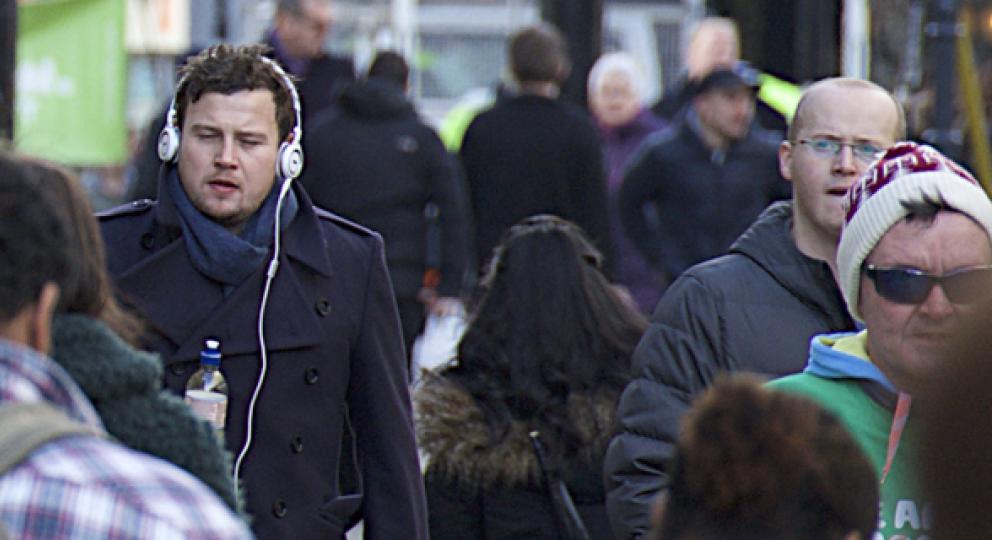The Commission has the legal power to:
- take judicial review proceedings – a type of court proceeding in which a judge reviews the lawfulness of a decision or action made by a public body
- intervene in human rights cases taken by others (known as a ‘third party’ intervention), and
- hold inquiries into any issue of human rights.
However, the Commission can’t support individual human rights cases that don’t raise an equality issue.
In Scotland, the Commission shares its remit with the Scottish Human Rights Commission and they must discuss issues raised together before taking action.
When do we use judicial review?
Judicial review may be appropriate where a public body appears to have taken an unlawful decision or action (or has failed to act) and going to court is the most effective approach to challenging that decision.
Our use of judicial review is not limited to breaches of the Human Rights Act (HRA). We can use it if the subject matter relates to a statutory function of the Commission (meaning the equality and human rights duties set out in the Equality Act 2006).
The Commission can bring a judicial review in its own name under the HRA even if it is not the victim of the violation. The most common situations in which we may do this are where:
- an early challenge to a new law could prevent human rights violations
- the subject matter of the case makes the Commission best placed to bring the claim because of our statutory duties or particular expertise
- a claim covering the experiences of a group of victims illustrates a problem better than an individual bringing a judicial review in isolation, and
- the actual or potential victims do not have access to lawyers, or cannot fund a claim themselves.
If the Commission thinks a proposed law change will breach a group’s human rights, we can threaten judicial review before the legislation is passed. For example, in 2008 the Commission threatened judicial review when the Government proposed extending the time for pre-charge detention for terrorist suspects to 42 days. The proposal was dropped.
When do we use third party interventions?
The Commission often uses third party interventions in equality and human rights cases, both in Britain and in the European Court of Human Rights. We select cases for intervention depending on the wider public interest, how serious the impact (or potential impact) on human rights will be and the priorities in our legal strategy. Because of our limited resources, however, we can only intervene in a small proportion of the cases we're asked to help with.
The majority of our third party interventions are based on the need to:
- raise issues affecting marginalised groups
- clarify or challenge important questions of law
- raise serious matters of public policy or general public concern, or
- challenge ongoing human rights breaches by a public body.
In these situations, our strength lies in bringing expert analysis and evidence from an independent perspective. Our input usually involves one or more of the following:
- seeking to develop the law in a particular way – perhaps contributing an alternative view
- providing evidence that wouldn’t otherwise be used, such as the Commission's own research or inquiry findings
- comparing the law in different countries
- highlighting the relevance of international law – including human rights treaties and the decisions of international courts.
Who can I contact about my case?
You can find a list of contacts on our Getting help and advice page.
Our human rights legal work in action
The Equality and Human Rights Commission uses its legal powers to protect people’s human rights and uphold the values of fairness, dignity and respect.
Read more about some of the important cases we have been involved in.
Last updated: 04 May 2016




